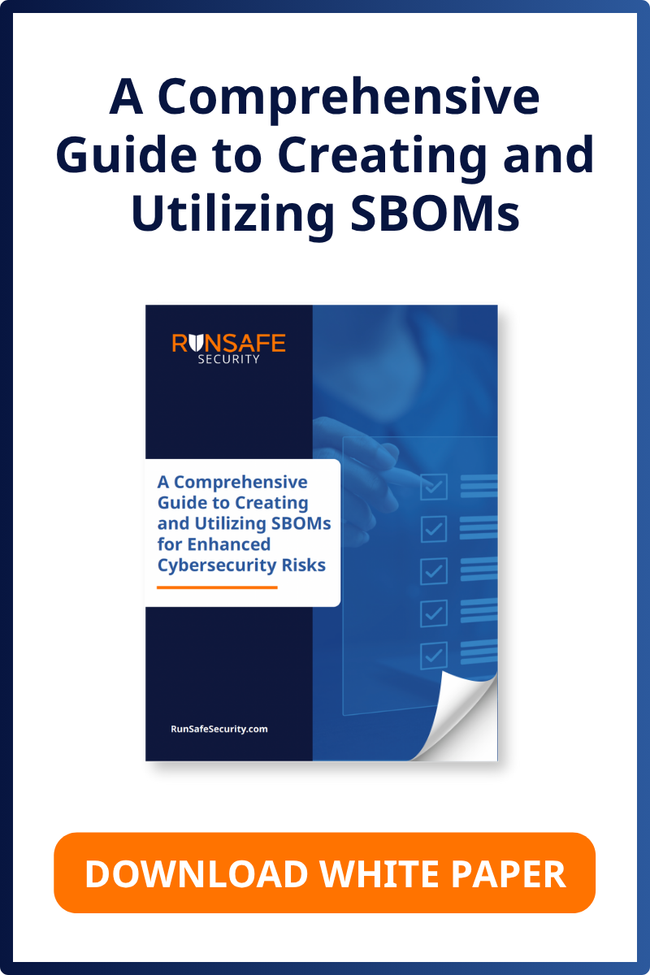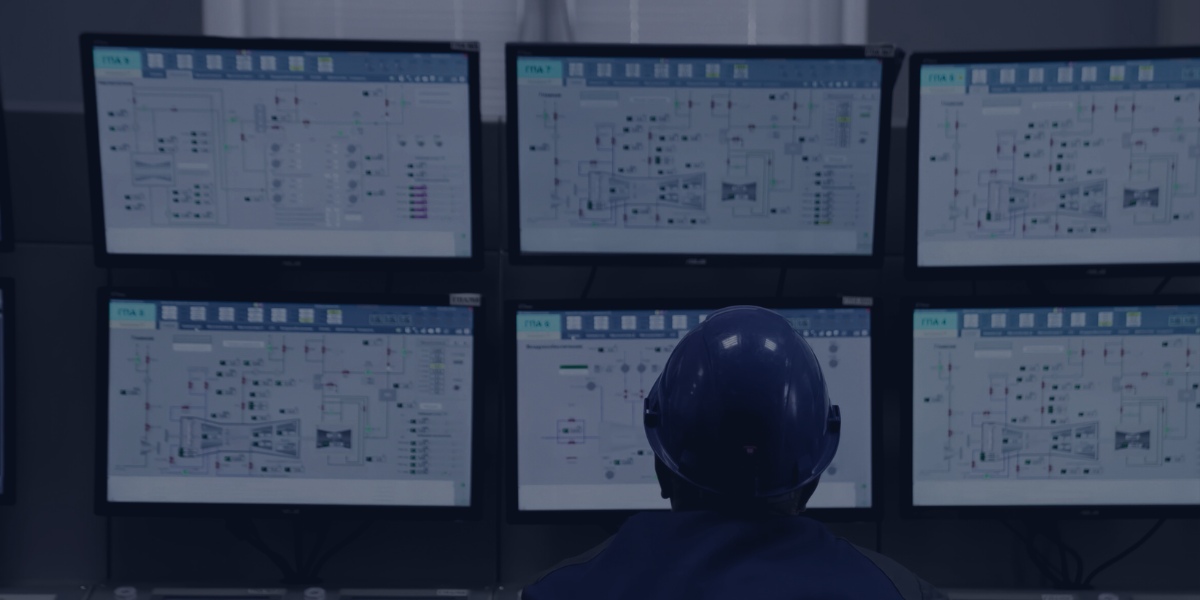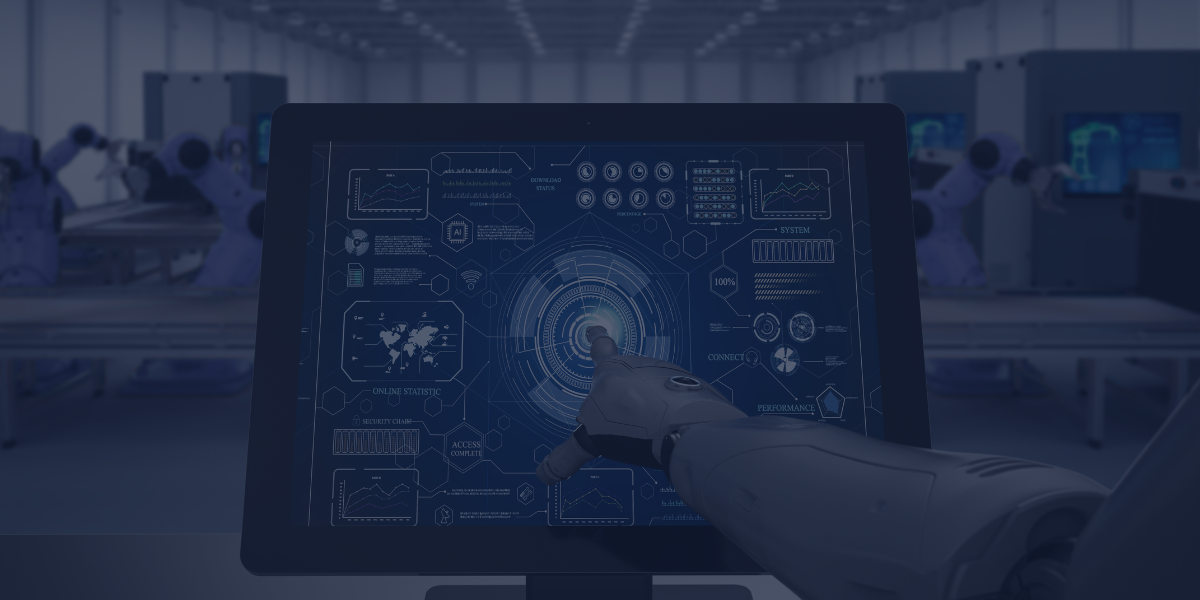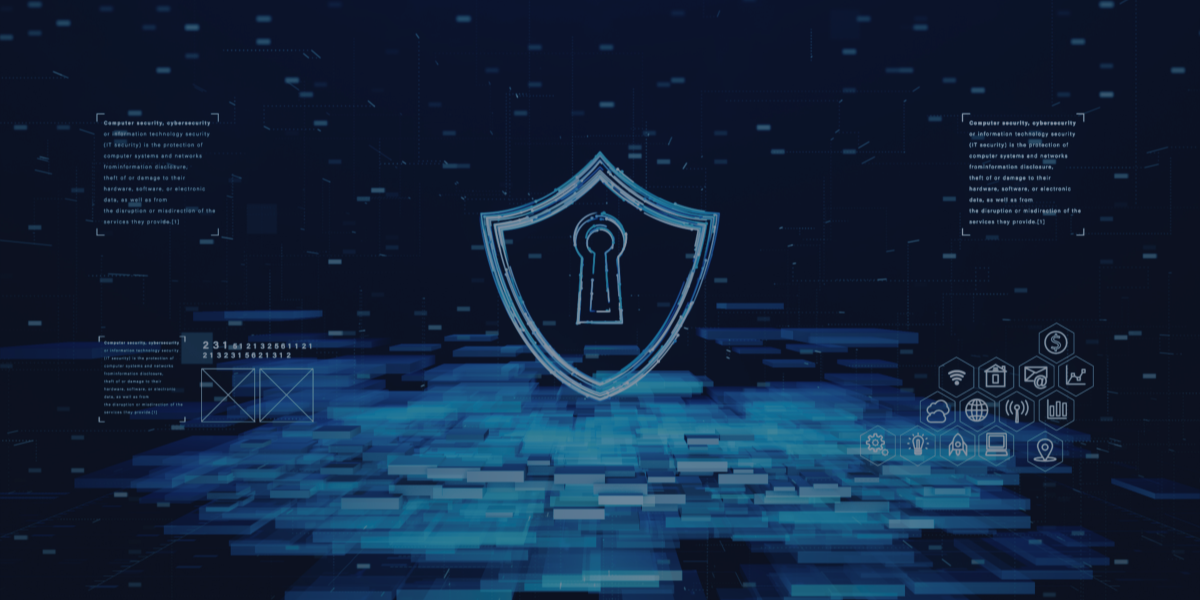Table of Contents:
Securing the Future: Understanding the Unique Challenges of Industrial Control Systems (ICS) Security
Why ICS is vulnerable to cyber attacks
The role of cyber hardening in ICS security
Answering the call to secure our future
Picture this: you wake up in the morning, the coffee machine is already brewing your daily cup, the traffic lights are coordinating to ensure you get to work on time, and the power grid is working flawlessly to keep the lights on. These little conveniences are powered by something called Industrial Control Systems (ICS).
But, here’s the catch–these systems are kind of like the behind-the-scenes crew in a play; not always visible, but absolutely crucial.
We’re deeply invested in protecting these hidden heroes. Why? Because we know that ICS is not just about convenience; it’s about safety, productivity, and the very fabric of our day-to-day lives. We’re passionate about shielding these systems.
We’ll take you on a journey to understand why ICS security is critical, what threats lurk in the shadows, and how RunSafe’s code-hardening magic acts like an impenetrable shield for ICS.
The threats to ICS security
In the complex landscape of the cyber domain, ICS serves as the linchpin of modern society’s infrastructure, silently ensuring the seamless operation of critical processes. However, these critical infrastructures, despite their significance, are not unbreakable fortresses. Their susceptibility to intrusion and compromise makes vigilance and a strong line of defense necessary, even in military systems.
Let’s delve into real-world examples that underline the importance of fortifying these vital systems.
- U.S. Natural Gas Ransomware Attack:
-
- In early 2020, a U.S. natural gas compression facility faced a ransomware attack that had a domino effect, halting operations for two full days. The crafty attackers used spear-phishing to infiltrate the facility’s IT network and didn’t stop until they got to the operational technology (OT) network. Although the facility didn’t lose control over operations, they decided to hit the brakes for safety. The cyber incident revealed that while they had an emergency plan for physical threats, cyber-attacks were like uncharted waters.
- Northern Israel Irrigation Sytems
- In April 2023, hackers hit Northern Israel’s irrigation systems and Galil Sewage Corporation’s controls. Despite warnings from the National Cyber Directorate to disable remote connections, some folks didn’t act fast enough. Michael Langer of Radiflow disclosed that the hackers meddled with Unitronics’ programmable logic controllers. This wasn’t random – it was part of OpIsrael, a campaign with a knack for targeting human-machine interfaces. It’s a classic tale of what happens when the essentials, like changing default passwords, take a back seat.
- Stuxnet:
- Consider Stuxnet, discovered in 2010; it was an exploit that targeted Iran’s nuclear program – and more precisely its industrial control systems (ICS).
Once inside the ICS, Stuxnet manipulated the code running on the programmable logic controllers, specifically the ones responsible for controlling the centrifuges used in the uranium enrichment process. By subtly altering the speed and operation of the centrifuges, Stuxnet ultimately crashed the systems in Iran’s facility without prior detection.
Why ICS is vulnerable to cyber attacks
Why is ICS especially vulnerable?
Many of the systems have been around for a while; they’re the grizzled veterans of the industry. While they’re superb at what they do, they weren’t designed with modern cybersecurity in mind. Moreover, the rise of the Industrial Internet of Things (IIoT) means more connectivity and, by extension, more vulnerabilities.
These aren’t just isolated incidents; they’re part of an ongoing cyber onslaught that needs sophisticated defenses. We recognize the value that ICS brings to our day-to-day life, and we’ve committed ourselves to protecting these systems with our technology.
What if a similar type of cyber attack to Stuxnet were to target critical infrastructure systems within the United States? Water systems, gas pipelines, oil rigs, power grids, transportation infrastructure, financial systems, and weapons programs could all be at risk. The disruption caused by such attacks would jeopardize the essential services and mission-critical systems upon which we depend everyday to support a well-functioning society.
The role of cyber hardening in ICS security
Our mission is to harden the code that runs the ICS, turning them into fortresses. But what does code hardening mean? Imagine you could constantly shuffle the inner workings of a system so that attackers can never get a read on how it’s structured. It’s like trying to hit a moving target while blindfolded–nearly impossible!
Besides, there’s a treasure chest of open-source software out there that’s gold for ICS functionality. But guess what? They too, can be exploited. RunSafe has that covered as well.
By hardening code, we’re ensuring that if an attacker somehow makes it through the outer defenses, the castle keep is a maze that changes every time they turn a corner. RunSafe is turning ICS security into a fortress that is not just strong, but also smart.
Answering the call to secure our future
We’ve taken you on quite a journey today, from malicious cyber threats to strong defenses in code hardening. Industrial Control Systems are fundamental to modern civilization, and safeguarding them is not just an option; it’s an imperative.
At RunSafe, we believe in equipping ICS with the best armor technology can offer. With our innovative cyber hardening techniques, we are not just defending; we are outsmarting the enemy.
We ask you, the stakeholders and caretakers of critical infrastructure, to recognize the value and urgency of this mission. Stand with us as guardians at the gate. Together, we can ensure the conveniences we so often take for granted are preserved and protected for generations.
Let’s build a future that’s not just secure, but unassailable. Team up with RunSafe and be the champions of a modern-day fortress. Secure your ICS, and with it, secure the future.






